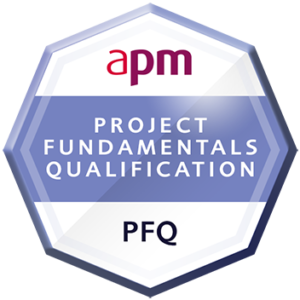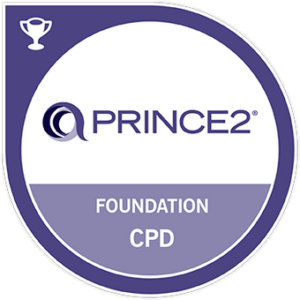How to become a project manager
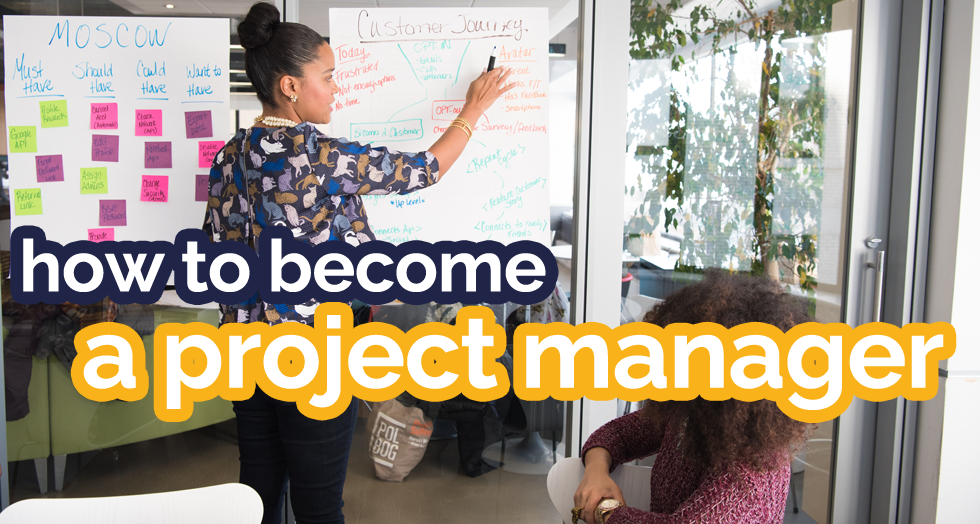 We are often asked “how to become a project manager?”, or “how to get a job in project management?” – this is especially pertinent in these uncertain times when individuals may need to find new opportunities, skills, or careers.
We are often asked “how to become a project manager?”, or “how to get a job in project management?” – this is especially pertinent in these uncertain times when individuals may need to find new opportunities, skills, or careers.
Many people who ask how to become a project manager may already have some of the skills required to be a project manager, or may have been inadvertently been running projects for many years without realising. Here at CITI, when assessing project management capability, we look at the four aspects we believe make a good project manager:
Knowledge – what qualifications and accreditation is held
Approach – how the individual approaches situations
Skill – how the individual applies their Knowledge / Approach / Experience
Experience – the experience and complexity of past management
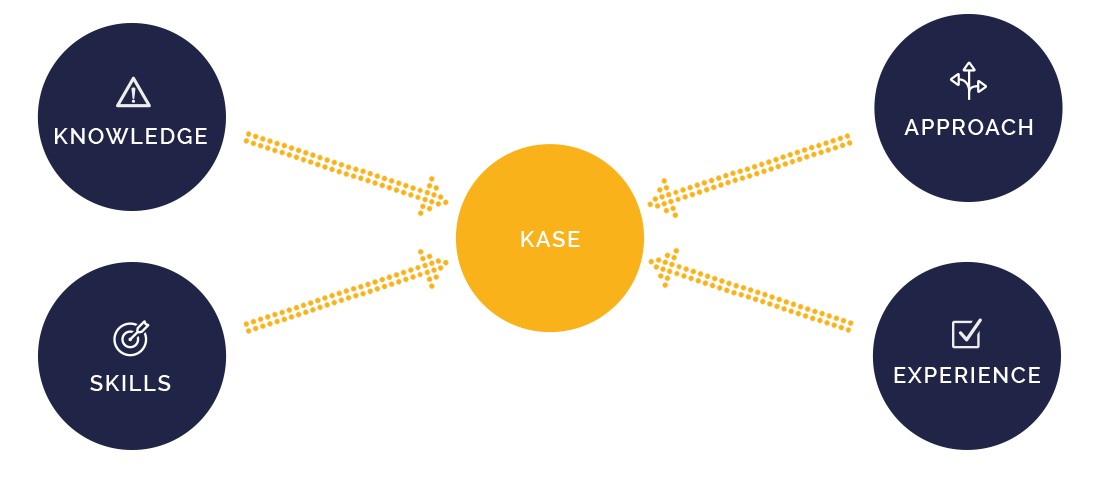
The following information should help to guide you on either starting career in project management or continuing your professional journey, to be able to present your best capability and skills to future employers.
Getting the right knowledge for a career in project management
Rightly or wrongly – one of the first places many individuals begin their journey when considering the question how to become a project manager is with qualifications and accreditation.
Certification by itself is not a good signal that the individual is a strong project manager, although that does not mean that project management certification is of no value. Professionalisation of the discipline requires some form of professional standards and shared experiences. What it does suggest is that project management proficiency is much more about self-belief, emotional intelligence, attitudes, and skills, than being familiar with a body of knowledge.
If you have no formal qualifications or accreditation in project management, a good place to start would be the APM Project Fundamentals Qualification. It adheres to the APM Body of Knowledge, which is a standard methodology used by many that is very adaptable. Alternatively, the PRINCE2 Foundation is a great introduction to an industry recognised method for managing projects from AXELOS.
Improving your approach to project management
Our research from a group of highly successful project managers who asked “how to become a project manager” identified that it is the behaviours and attitudes that underpinned the approach and adoption. This group became known as the High Performing Group (HPG) and provided a benchmark for prioritising which was formed of:
Specific project manager approaches
Responsibilities adopted in the project manager role
Time spent on key management areas
Ranking of the importance of project manager capabilities.
Demonstrating your project management skills to potential employers
It might be expected that attitudes and skills would correlate well because project management is a practice-oriented profession where the skills of what we do and how we do it, is of more importance than knowledge and knowing.
The most desired skills in project management are:
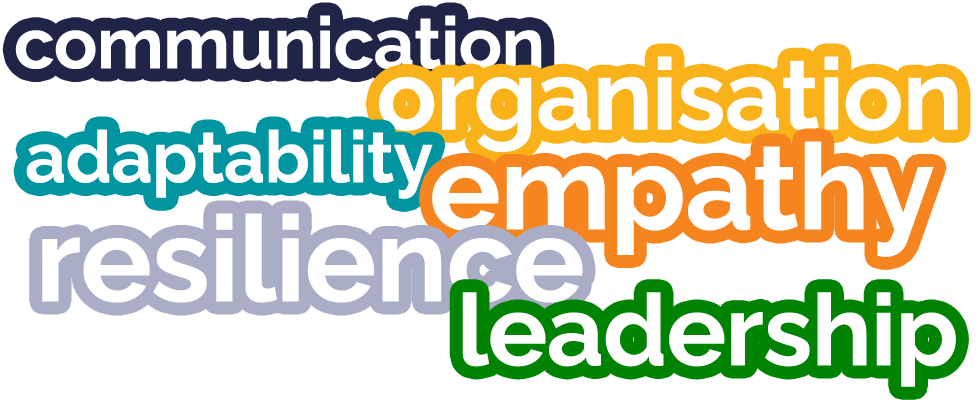
It might be expected that attitudes and skills would correlate well because project management is a practice-oriented profession where the skills of what we do and how we do it, is of more importance than knowledge and knowing.
Gaining experience in the project management sector
When you are considering how to become a project manager – do not write-off any experience gained to date. A great deal of experience is transferable in to a career in project management like leadership, time management, and communication.
Any past experience you may have in managing people, resources, and costs will also be helpful in securing a role in project management.
You can find out more about how project management capability is assessed here.
Conclusion – so how to become a project manager?
We work in partnership with recruitment agencies like Reed Recruitement, where you can get more great advice for how to get a project management job without experience – or ArrasPeople with Five traits of successful project managers.
Hopefully these points will help you on your career path in to project management – if you have any other points that could answer the question how to become a project manager, please get in touch.


